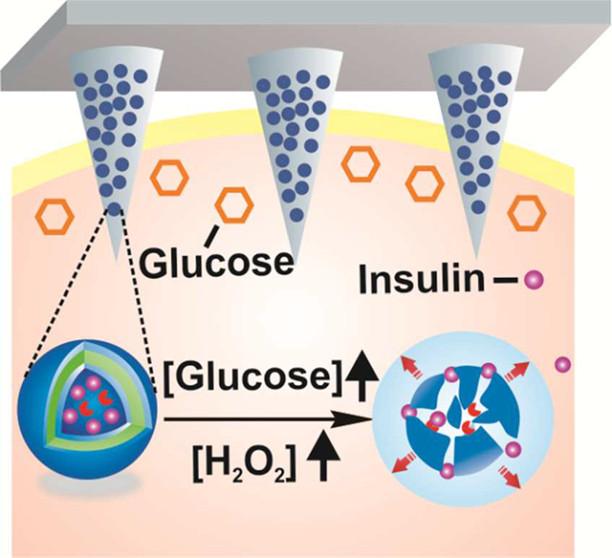Monthly Archives: February 2006
Study: Availability of Prescription Labels in Spanish Is Limited
Study of NYC pharmacies found that only 69 percent have the ability to provide prescription labels in Spanish and that pharmacists only do so upon customer request.
Meditation, Relaxation Work Equally Well for Anxiety Disorders
Meditation helps patients cope with anxiety disorders, but no more than other relaxation techniques, according to a new review of studies.
Study: Hypertension Data May Mask Racial Disparities Among Hispanics
Black Hispanics in America are suffering higher rates of hypertension than their Hispanic counterparts who are white, a new study finds.
Diabetic Hearts Make Unhealthy Switch To High-Fat Diet
The high-fat "diet" that diabetic heart muscle consumes helps make cardiovascular disease the most common killer of diabetic patients, according to a study.
Obese Women Suffer More Pregnancy Complications; Birth Defects
Compared to normal-weight women, overweight and obese women suffer more pregnancy complications and their babies have more medical problems at birth.
Study Using New Imaging Technology Detects Subtle Brain Changes In Patients With Type 1...
People with diabetes are twice as likely as the general population to develop depression. For the first time, doctors have reason to ask if the increased risk of depression could in fact be due to changes in brain.
Pollution May Put Diabetics and Overweight At Heart Attack Risk
Univerisity of Alberta researcher believes obese humans face same dangers from diesel exhaust and coal emissions. Obese individuals at risk of diabetes are in danger of cardiovascular events, such as heart attacks.
Amputation Among Patients With Diabetes Mellitus: Is Height A Factor?
In this study, the authors looked at rates of amputation among close to 100,000 patients with diabetes mellitus and found that height was a strong predictor of amputation.
FDA Approves First Ever Inhaled Insulin Combination Product for Treatment of Diabetes
There is a new, potential alternative for many of the more than 5 million Americans who take insulin injections, with the Food and Drug Administration's approval today of the first ever inhaled insulin.





